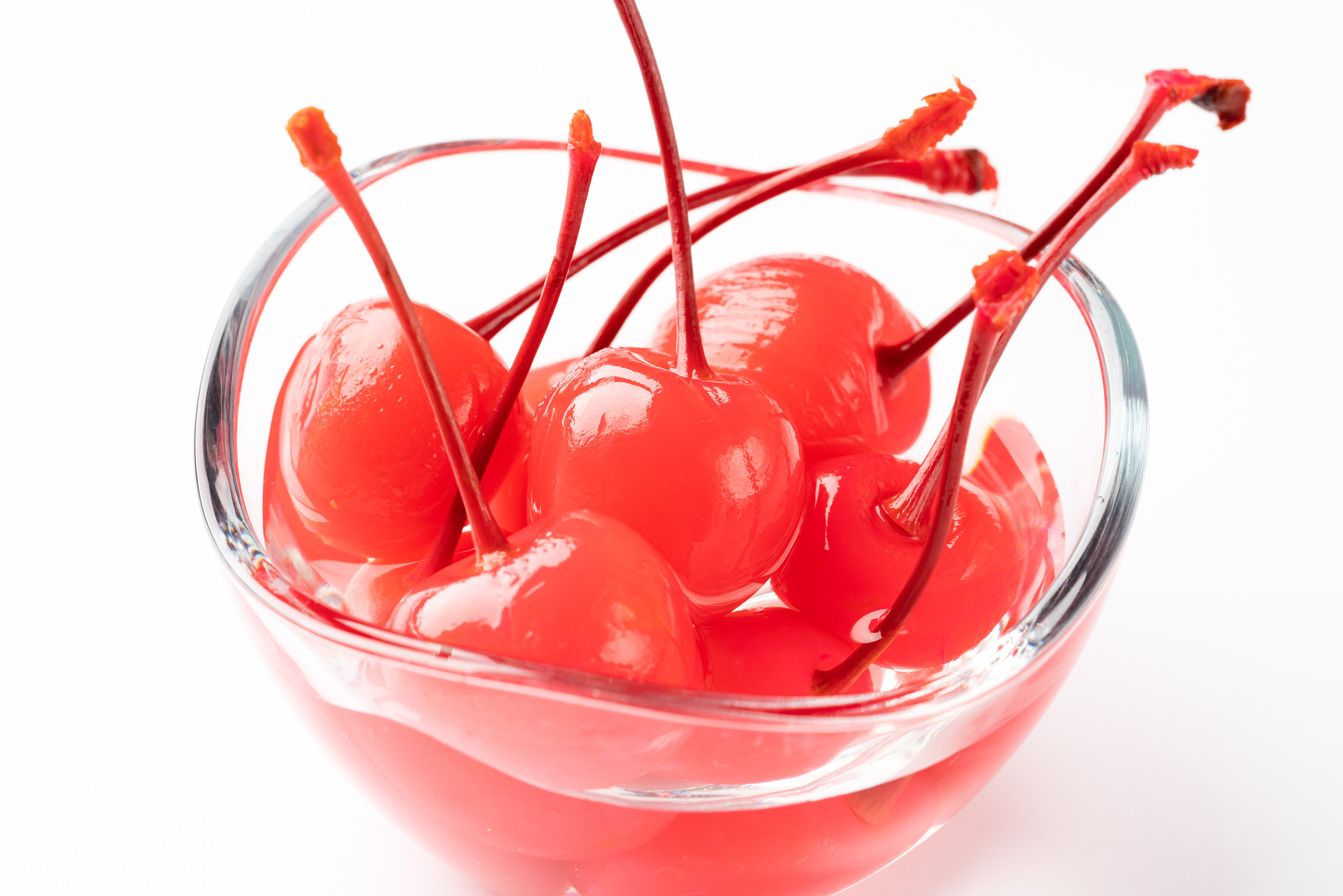It goes without saying, cooling technologies like air conditioners, freezers, and refrigerators have significantly improved our lives over the last few decades. But the chemicals underlying these technologies have also proved to be very detrimental to the environment, harming the ozone layer and polluting water sources.
The good news is that, in recent years, scientists have been hard at work improving the devices that keep us, and the things we consume, cool. One of the most promising of these technologies comes from Phononic, a startup based in Durham, North Carolina, which has been using a material called bismuth telluride to make ‘cooling chips.’
As reported by Euronews, these chips can be as small as a fraction of a fingernail or as big as a fist depending on how many coolants are needed. When electricity runs through the chips, the current takes heat with it, cooling one side of the chip while heating the other one up, explains Tony Atti, the startup’s co-founder.
So far, the cooling chips have been used to manufacture compact freezers for vaccine transportation and for ice cream at convenience stores. A more recent use involves the prevention of overheating in ‘lidars,’ laser-based sensors found in autonomous vehicles and optical transceivers for 5G data transmission.
Although the bismuth telluride powder is toxic by itself, when it is processed into a semiconductor wafer and made into a chip, it is inoffensive and can be safely recycled or disposed of.
It’s about “cooling and heating our modern world responsibly, without toxic refrigerants,” states the company, which also is confident that the technology will revolutionize things “previously unimaginable,” from cooling mattresses and motorbike helmets to cooling outdoor installations.












